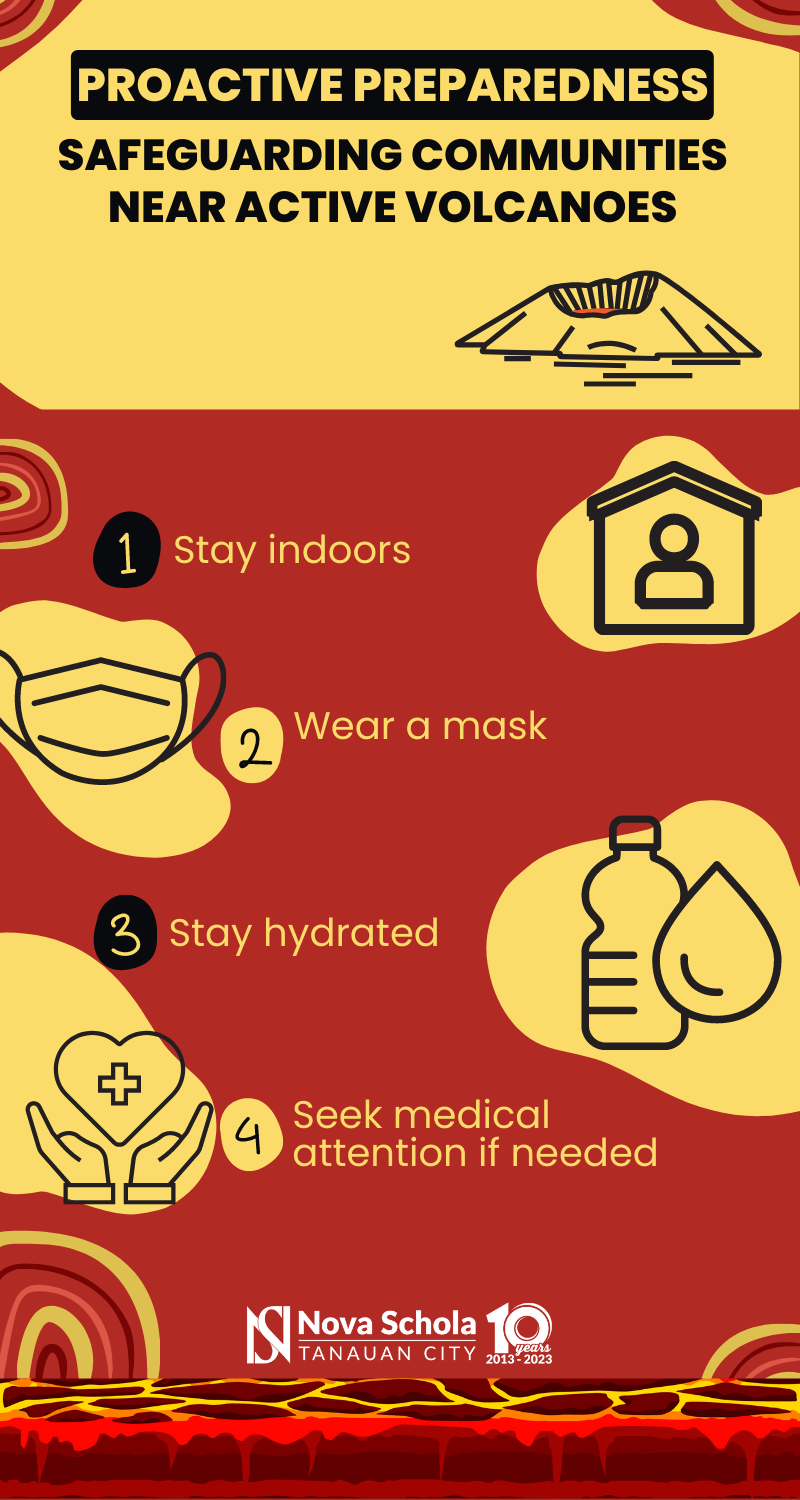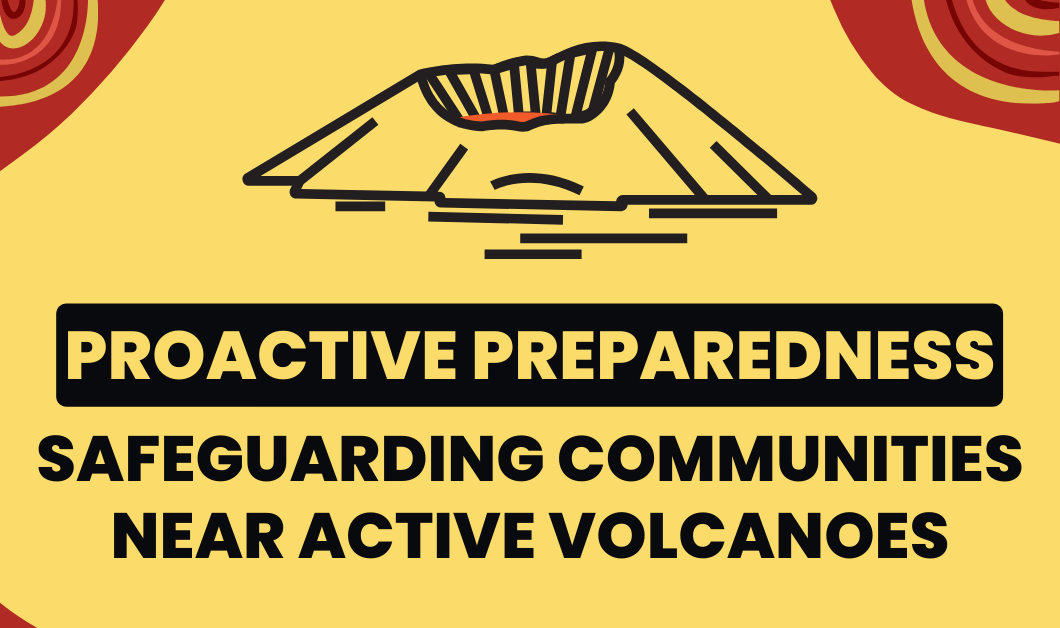Located in close proximity to the iconic Taal Volcano, Tanauan City faces unique challenges and responsibilities when it comes to preparing for volcanic activities. As one of the areas most susceptible to the potential hazards associated with volcanic eruptions, the residents of Tanauan and neighboring municipalities must be vigilant and well-prepared. Understanding the significance of proactive measures, such as developing emergency plans, staying informed about volcanic activity, and having readily accessible emergency kits, is crucial to safeguarding lives and minimizing the impact of volcanic events. By actively engaging in preparedness efforts, the community of Tanauan can enhance their resilience, protect their well-being, and effectively respond to the dynamic nature of Taal Volcano. Preparing for a volcanic eruption is essential to ensure your safety and minimize the potential impact of the eruption. Here are some steps you can take to prepare:
- Stay informed: Keep track of updates and warnings from local authorities, volcanological agencies, and emergency management organizations. Follow their instructions and stay tuned to news broadcasts or emergency alerts for the latest information.
- Create an emergency plan: Develop a detailed plan for your household or community, including evacuation routes, meeting points, and communication methods. Assign responsibilities to each family member or group member, and ensure everyone understands the plan.
- Prepare an Emergency Disaster Bag: Assemble a well-stocked emergency kit that includes essential supplies such as non-perishable food, water, flashlights, batteries, a first aid kit, personal hygiene items, a battery-powered radio, protective masks, and any necessary medications. Store the kit in an easily accessible location.
- Evacuation planning: Identify safe locations away from the volcano where you can evacuate to if necessary, such as shelters or the homes of friends or family in unaffected areas. Determine the best routes to reach those locations and alternate routes in case of road closures or other obstacles.
- Protect your home: Take measures to safeguard your home from volcanic ash and potential damage. Seal windows and doors with plastic sheets and duct tape to minimize ash entry. Clear gutters and drains of debris to prevent blockages. Consider installing air filters to improve indoor air quality.
- Stay aware of volcanic activity: Familiarize yourself with the signs of an impending eruption, such as increased seismic activity, gas emissions, or ground deformation. If you observe any unusual or suspicious changes, report them to the appropriate authorities.
- Develop communication plans: Establish multiple communication channels with your family members, neighbors, and emergency services. Share contact information and establish a designated out-of-area contact person who can relay messages between separated family members.
- Stay away from danger zones: Understand the danger zones defined by authorities and avoid them. These areas typically include the vicinity of the volcano, areas downstream from potential lahars (mudflows), and regions prone to pyroclastic flows.
- Stay calm and follow instructions: During an eruption, remain calm and follow instructions from authorities promptly. Be prepared to evacuate quickly if advised to do so, and avoid panic or risky behavior.
If you find yourself in an area affected by smog, which is a type of air pollution characterized by a mixture of smoke and fog, it’s important to take certain precautions to protect your health. Here are some steps you can take:
- Stay indoors: If the smog levels are high, it’s best to stay indoors as much as possible. Keep windows and doors closed to minimize the entry of polluted air. Use air purifiers or filters if available, or consider using a DIY air filter with a fan and a high-efficiency particulate air (HEPA) filter.
- Wear a mask: When going outside in smoggy conditions, consider wearing a mask or respirator rated for particulate matter (such as N95 or N99) to reduce your exposure to pollutants. Ensure that the mask fits properly and covers both your nose and mouth.
- Stay hydrated: Drink plenty of water to help flush out toxins and keep your respiratory system moist. Adequate hydration can help your body cope with the effects of smog.
- Seek medical attention if needed: If you experience severe symptoms such as difficulty breathing, chest pain, persistent coughing, or dizziness, seek medical attention promptly.

Seek medical attention if needed: If you experience severe symptoms such as difficulty breathing, chest pain, persistent coughing, or dizziness, seek medical attention promptly. Local authorities and emergency services are the best sources of information during a volcanic eruption. Always heed their advice and cooperate with their instructions for your safety.


